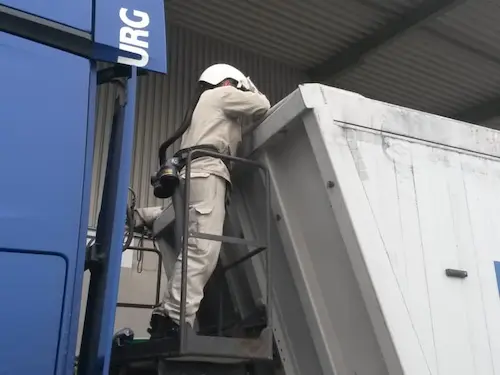Ethnography
My central methodological competence: participant observation, immersion, following materials, expert knowledge and situated practices.
The qualitative, participatory lens is a research ethos for me, it involves participating in core practices of social actors, acquiring and reconstructing expert knowledge, and generally being creative with different sources of data.
Ethnography is a non-standardized research method in the social and cultural sciences, focusing on the collection of data, actors, perspectives, narratives, objects or curiosities. It is a more qualitative approach, but because of its problem-centered focus here, it also incorporates quantitative methods for exploration. Ethnographic research can be summed up with one imperative: Follow the actors.
In my research, I combine interviews and document analysis with quantitative approaches from the Digital Humanities. The processing of large datasets and networks of digital data serves to enrich the qualitative research. In general, the research is globally embedded, with a focus on Central Europe and Asia, as well as the many digital spaces in between.
Practical examples of my ethnographic research include:
- a multi-month study of e-waste recycling in a smelter as an intern to theorize the value of waste;
- a document analysis of an Indian law, underpinned and guided by interviews with experts, to decode the history and embeddedness of the law;
- analyses of controversies on Twitter using timelines, hashtag correlation and networks of tweet mentions to examine social change and social order;
- exploration of the ecological footprint of social networks via the construction of a dedicated Mastodon instance with a loosely affiliated, globally distributed research group;
- …
